English rainy-day phrases explained by Susie Dent
- Published

Countdown's Susie Dent answers some BBC News Online readers' questions about rainy-day phrases
England has a reputation for wet weather so it is little wonder that many of our well-known phrases make reference to the rain.
But some of our readers wanted to know where these sayings came from.
We asked lexicographer Susie Dent from Countdown's dictionary corner to explain the origins of several rainy-day phrases.

It's raining cats and dogs
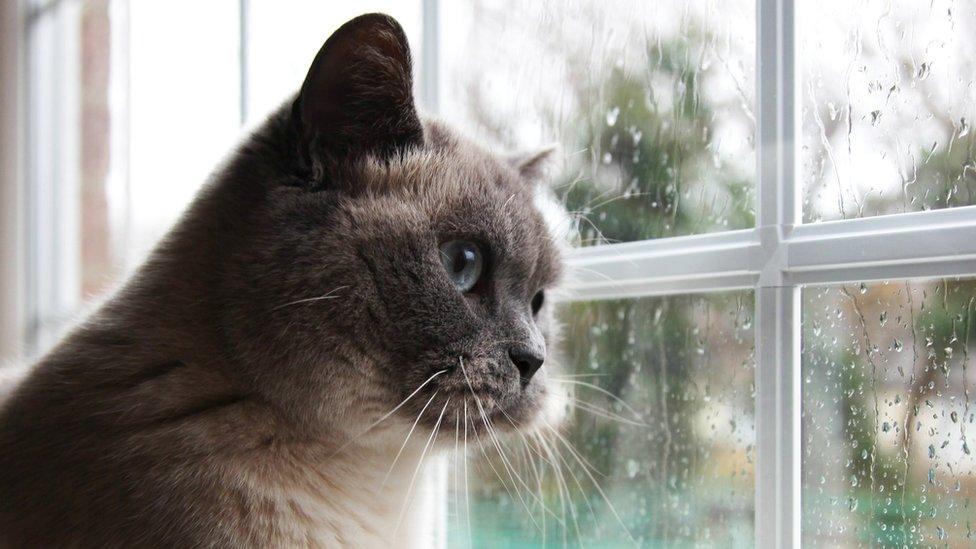
The phrase could be linked to pets sleeping on thatched roofs
"The story of 'raining cats and dogs' has invited many colourful tales over the centuries," says Dent.
"The earliest reference in the Oxford English Dictionary is from a novella of 1652, in which we hear of raining 'dogs and polecats'.
"The most popular suggestion looks back to medieval times, when animals liked to sleep on thatched roofs.
"During a particularly heavy rainstorm, it's said they were washed down from the thatch into the streets below where they would frequently drown, inspiring the belief that they had fallen from the sky.
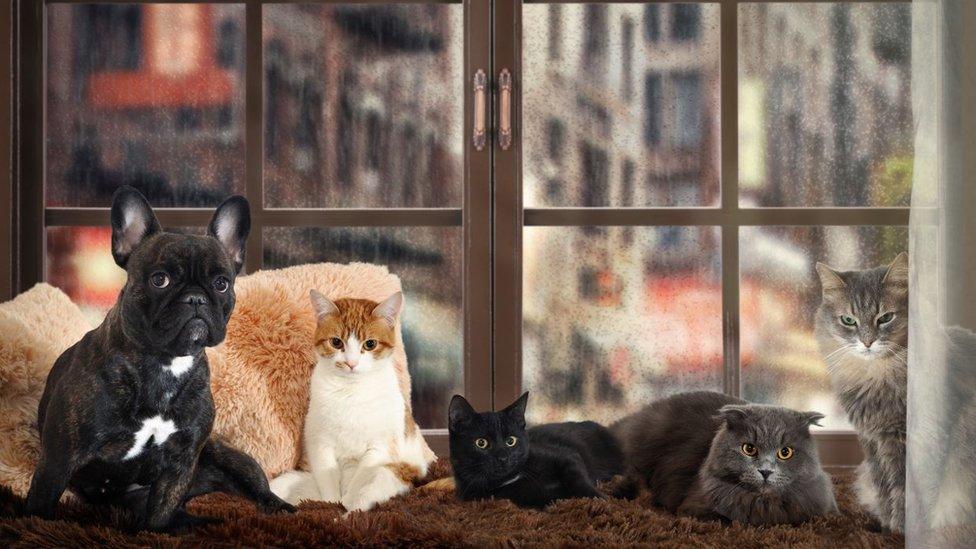
Cats and dogs are not the only things to apparently fall from the sky during heavy downpours
"Another belief holds that cats were attendants to witches, and dogs accompanied the god Odin, both of whom were said to hold sway over the weather.
"Sadly, there is little evidence to support any of these theories, although Jonathan Swift did write a poem in 1710 about a 'City Shower' that mentions both 'drown'd puppies' and 'dead cats'.
"Without further proof, however, we must stick with the probability that cats and dogs were simply part of a long list of things used to express the drama of a heavy downpour - over the centuries it has rained like pitchforks, stair rods, and even hammer handles."

Saving money for a rainy day

Saving money for a rainy day is a safeguard against future hardship, says Dent
"A rainy day has been used as a metaphor for future hardship and poverty since the 16th Century," says Dent.
"The philosopher Abraham Tucker summed it up in the 18th Century with the warning: 'It behoves us to provide against a rainy day while the sun shines' - a reminder of a similar idiom, 'make hay while the sun shines', which advises us to seize the day while opportunity lasts, because rain will surely follow."

I'll take a rain check
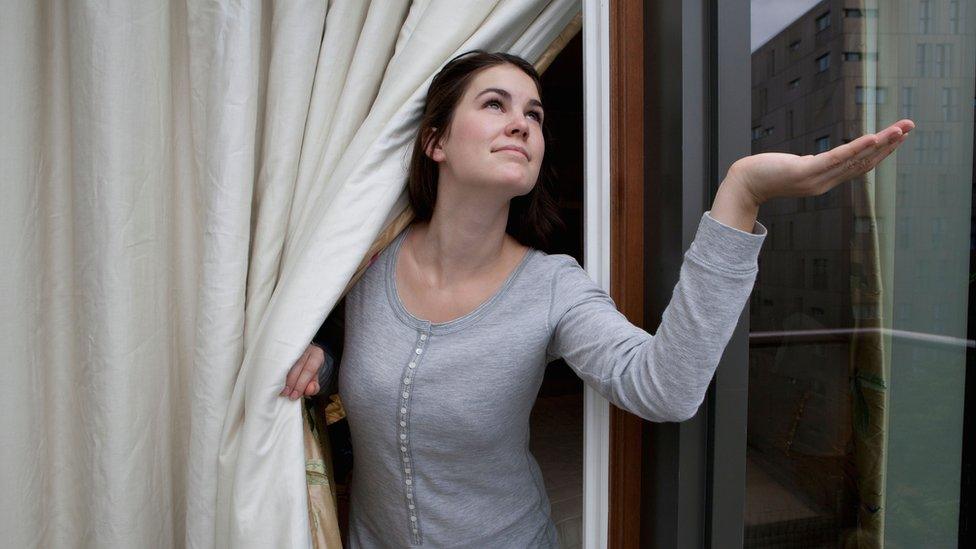
Taking a rain check can let someone down gently if you don't want to make plans with them
"The term is first recorded in the late 19th Century in reference to a US baseball game," says the author of Dent's Modern Tribes.
"The literal meaning of the term is a ticket, given to a spectator at an outdoor event that is interrupted or postponed because of rain, and which enables the holder to come back at no extra charge.
"'Check' here is used in the US sense of a token or receipt.
"Today we use rain check more loosely to suggest that an offer will be taken up at a later date, although it is frequently also used as a politer alternative to turning someone down."
This story was inspired by questions sent in by readers of BBC News Online.
- Published5 February 2017
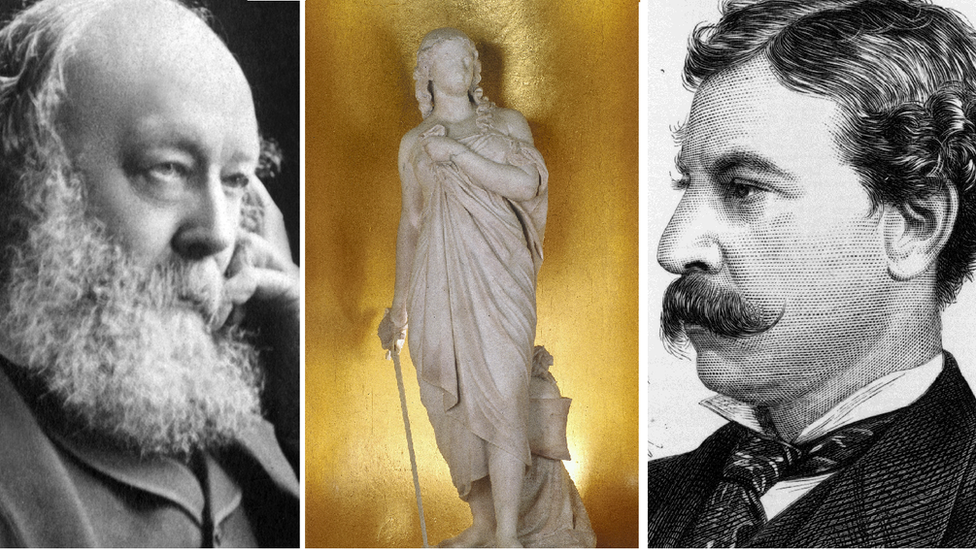
- Published6 November 2016
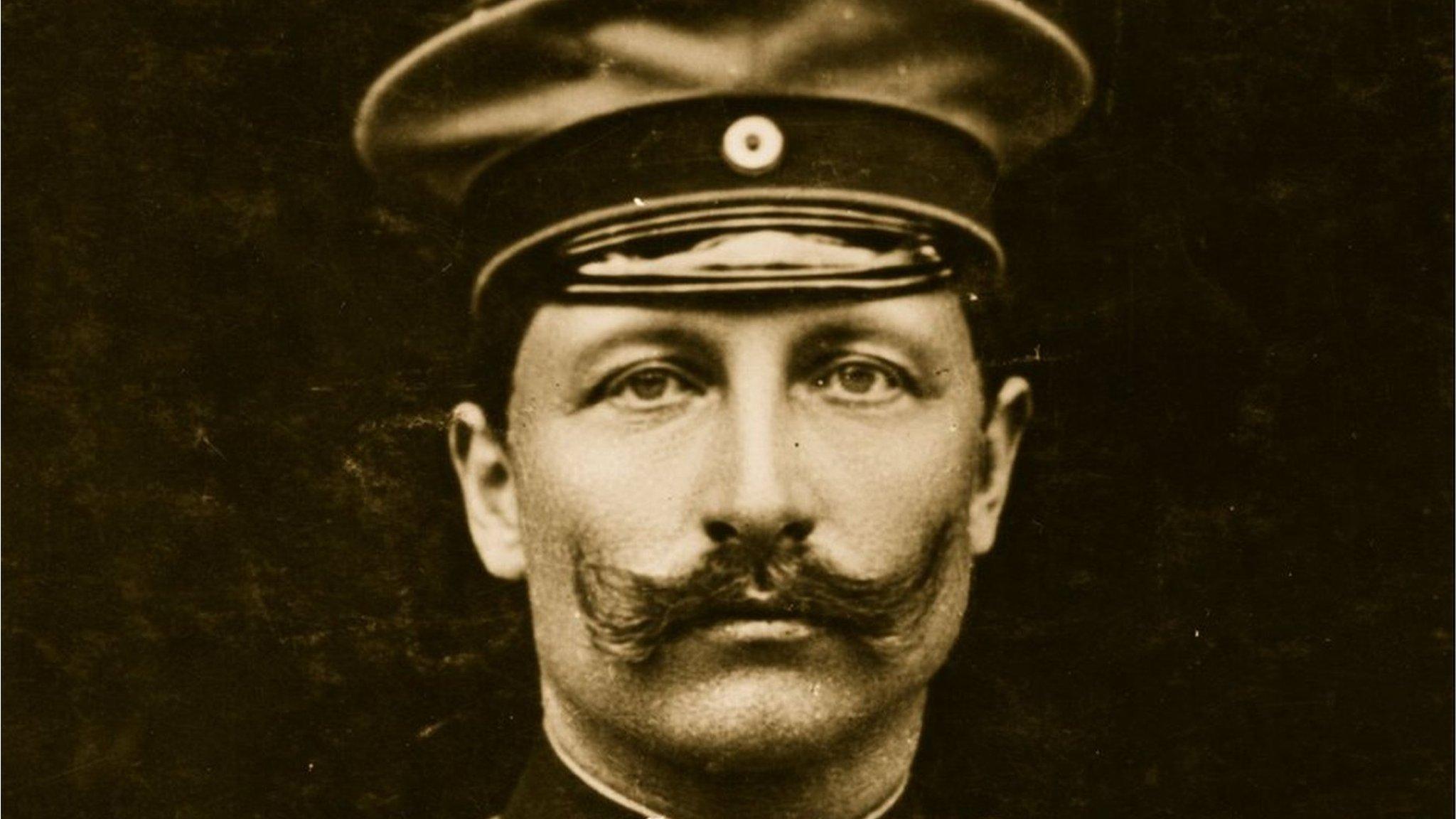
- Published21 September 2017

- Published20 September 2017
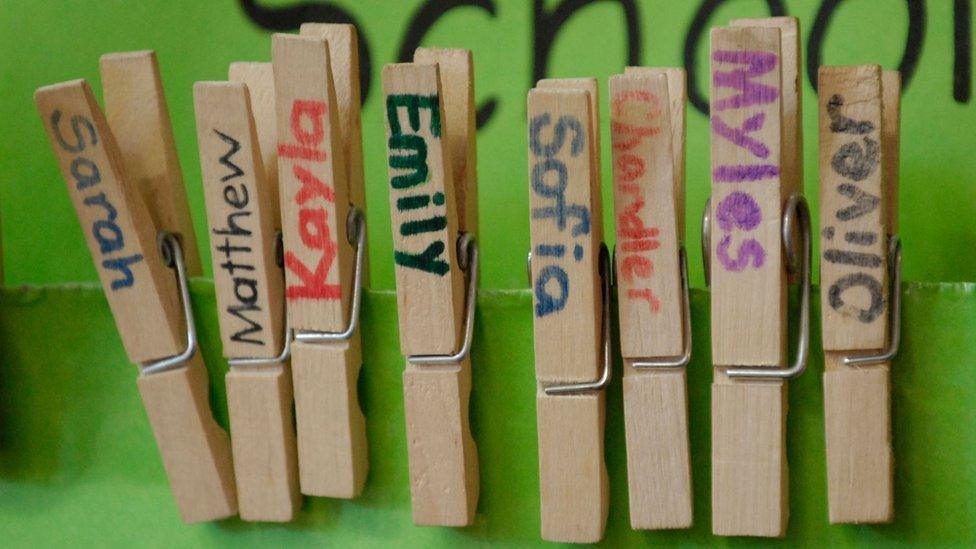
- Published18 November 2016
